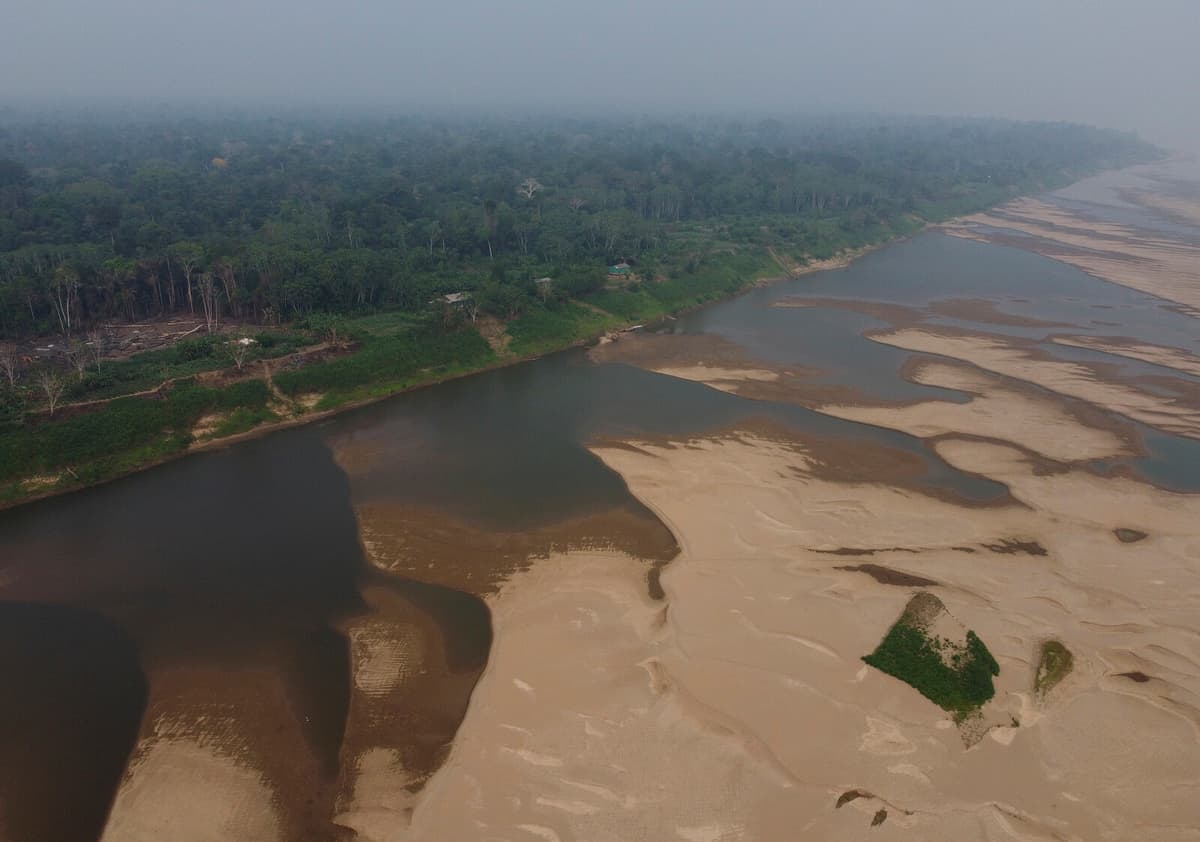The report by the research network World Weather Attribution (WWA) in collaboration with Climate Central looks back on a year of extreme weather.
"The effects of warming caused by fossil fuels have never been clearer or more devastating than in 2024. We are living in a dangerous new era," says Friederike Otto, climate scientist and head of WWA, in a press release.
Climate change contributed to at least 3,700 people dying and millions being forced to flee in the weather events studied. The floods in Sudan, Nigeria, Niger, Cameroon, and Chad claimed the most lives, with at least 2,000 people killed.
"Another year of extreme weather has shown that we are not well prepared for life at a warming of 1.3-1.5°C. In 2025, it is necessary for every country to accelerate its efforts to adapt to climate change," says Julie Arrighi, head of the Red Cross and Red Crescent Climate Centre.
Many of the extreme weather events that occurred at the beginning of the year were influenced by El Niño. However, according to the researchers, their studies show that climate change played a greater role in driving, among other things, the historic drought in the Amazon.
"We know exactly what we need to do to prevent it from getting worse: stop using fossil fuels. The most important decision for 2025 must be the transition from fossil fuels – it will make the world a safer and more stable place," says Friederike Otto.






